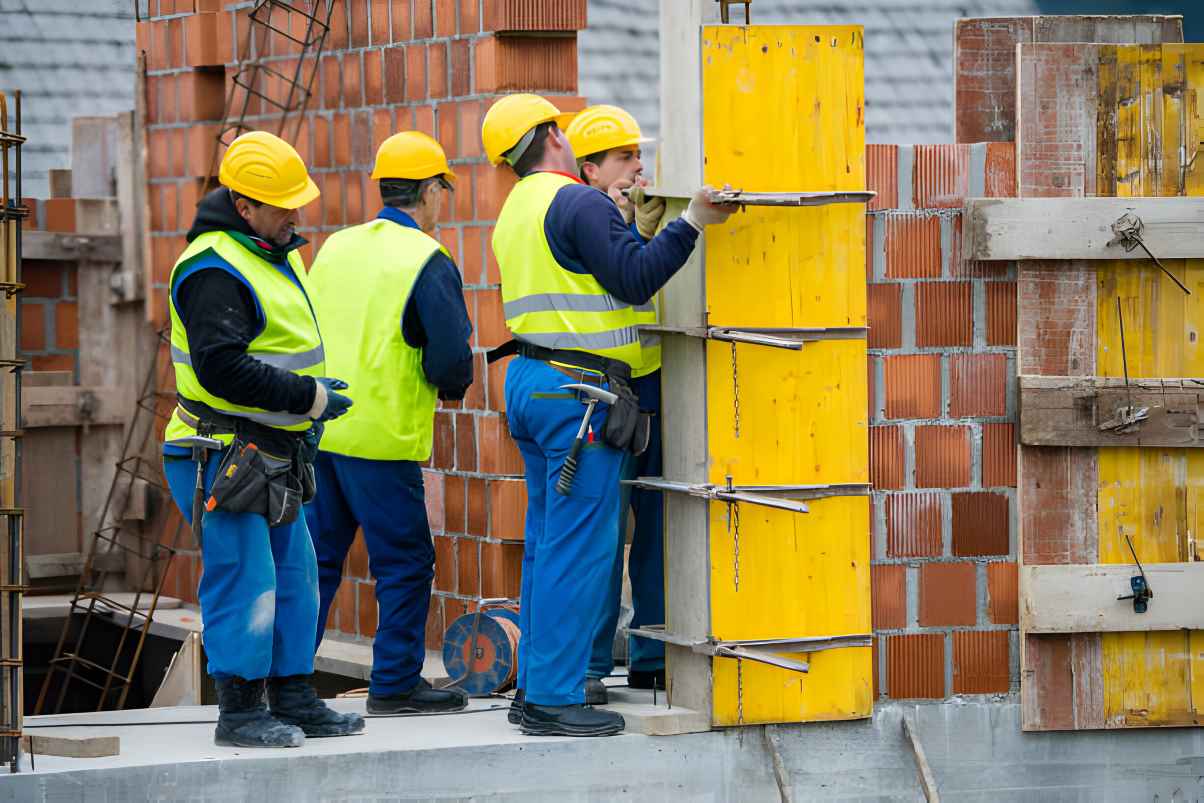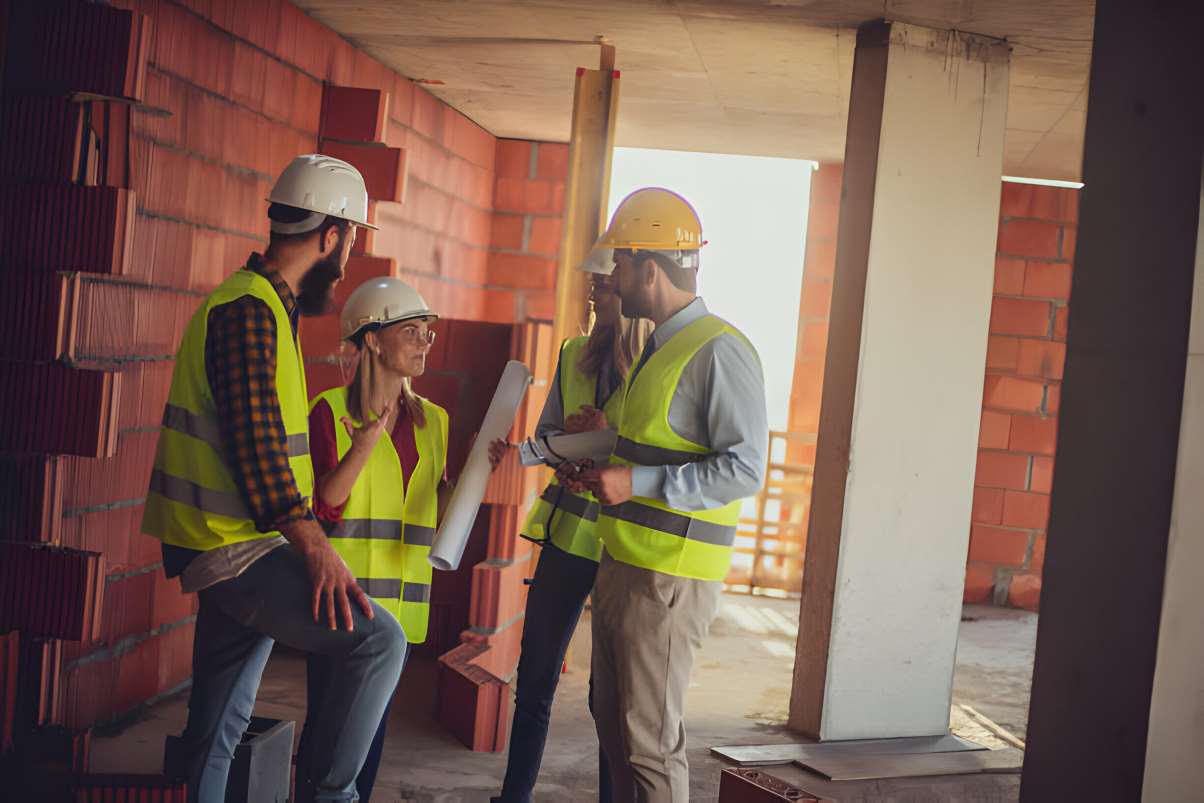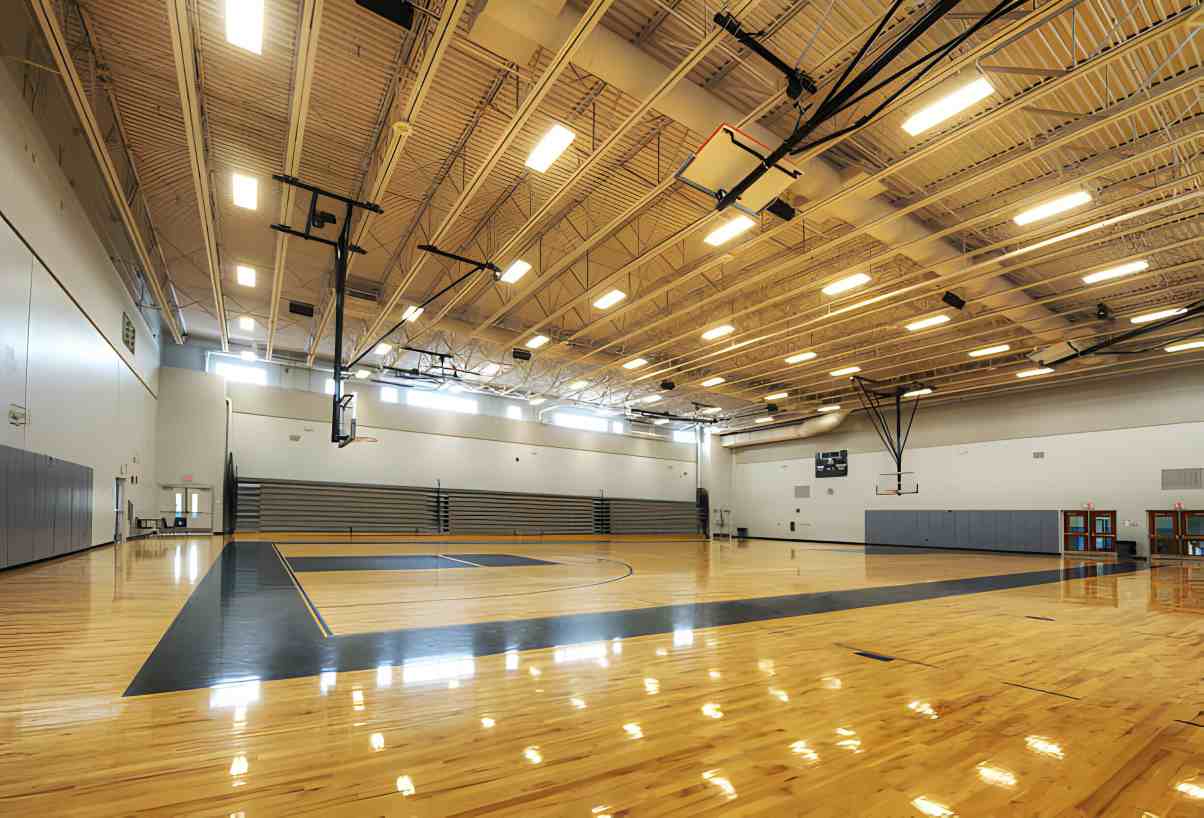In the realm of sports facility management, maintaining a high standard of infrastructure is crucial for the safety and satisfaction of athletes, spectators, and staff alike.
Building maintenance contractors play a pivotal role in ensuring that sports facilities remain in optimal condition, facilitating smooth operations and enhancing the overall experience for everyone involved.
Understanding Building Maintenance Contractors
Building maintenance contractors are professionals or companies specializing in the upkeep, repair, and improvement of buildings and their systems.
Their expertise encompasses a wide range of tasks, including HVAC maintenance, plumbing repairs, electrical work, structural inspections, and general facility upkeep.
In the context of sports facilities, their role becomes even more critical due to the unique demands and challenges posed by such venues.
Key Responsibilities of Building Maintenance Contractors
Building maintenance contractors are tasked with a range of key responsibilities essential for ensuring the smooth functioning and upkeep of a property.
These responsibilities typically include regular inspections of electrical systems, plumbing, and HVAC systems to detect and address any issues promptly.
1. Routine Maintenance
Conducting regular inspections of the facility to identify any potential issues or areas in need of attention. Performing preventive maintenance on HVAC systems, plumbing, electrical components, and structural elements to prevent major breakdowns and ensure optimal performance.
2. Emergency Repairs
Responding promptly to emergency repair requests, such as burst pipes, power outages, or structural damage, to minimize downtime and ensure the safety of occupants. Collaborating with facility managers and staff to develop contingency plans for various scenarios and emergencies.
3. Groundskeeping and Exterior Maintenance

Maintaining outdoor areas, including fields, courts, parking lots, and landscaping, to uphold aesthetic appeal and functionality. Addressing issues related to drainage, irrigation, and outdoor lighting to create a safe and pleasant environment for athletes and spectators.
4. Compliance and Regulatory Requirements
Ensuring that the sports facility complies with all relevant building codes, safety regulations, and environmental standards. Coordinating inspections and audits with regulatory agencies and providing documentation to demonstrate compliance.
5. Energy Efficiency and Sustainability
Implementing energy-efficient practices and technologies to reduce utility costs and minimize the environmental impact of the facility. Suggesting sustainable practices like renewable energy, eco-materials, and water conservation for lasting sustainability.
Benefits of Engaging Building Maintenance Contractors
Engaging building maintenance contractors offers numerous benefits to property owners and managers. Regular maintenance also helps in identifying and addressing issues early on, preventing costly repairs in the future.
1. Expertise and Specialization
Building maintenance contractors bring specialized knowledge and skills to address the unique requirements of sports facilities, ensuring that maintenance tasks are performed effectively and efficiently.
Their expertise in HVAC systems, electrical systems, plumbing, and structural maintenance helps mitigate risks and prolong the lifespan of facility assets.
2. Cost-Effectiveness
Outsourcing maintenance tasks to contractors can be more cost-effective than hiring and training an in-house maintenance team, especially for facilities with varying maintenance needs throughout the year.
Contractors often have access to bulk purchasing discounts, specialized tools, and resources, allowing them to deliver services at competitive rates.
3. Minimized Downtime
Predictive maintenance and proactive repairs by contractors help minimize downtime and disruptions to sports activities, events, and operations.
Regular inspections and preventive measures reduce the likelihood of major equipment failures or facility issues that could lead to prolonged closures.

4. Enhanced Safety and Comfort
Well-maintained facilities contribute to a safer environment for athletes, spectators, and staff, reducing the risk of accidents, injuries, or equipment malfunctions.
Proper HVAC maintenance ensures optimal indoor air quality and temperature control, enhancing comfort and performance during sporting events.
5. Long-Term Asset Protection
By addressing maintenance needs proactively and implementing preventive strategies, building maintenance contractors help protect the long-term value and integrity of sports facilities.
Scheduled inspections and maintenance plans can identify potential issues early, allowing for timely repairs and avoiding costly replacements or renovations.
Challenges and Considerations
Navigating challenges and considerations is an intrinsic part of any endeavor. Obstacles are often springboards for learning and innovation, propelling personal, professional, and societal progress.
1. Seasonal Variations
Sports facilities face varying usage and maintenance needs due to seasonal factors like weather, events, and utilization rates. Maintenance contractors must adjust schedules to match these changes while ensuring consistent upkeep standards.
2. Budget Constraints
Balancing maintenance needs with budgetary constraints can be challenging for sports facility managers, requiring careful planning and prioritization of maintenance tasks.
Building maintenance contractors can offer flexible service options and cost-effective solutions to align with budgetary considerations without compromising on quality.
3. Technological Advancements
Keeping pace with technological advancements in building systems, automation, and energy management is essential for building maintenance contractors to deliver modern and efficient services.
Continuous training and professional development enable contractors to leverage emerging technologies and best practices in sports facility maintenance.
4. Sustainability Initiatives
The growing emphasis on sustainability and environmental stewardship necessitates proactive efforts by building maintenance contractors to implement green practices and eco-friendly solutions.
Collaborating with sustainability experts and leveraging renewable energy options can help sports facilities reduce their carbon footprint and enhance their reputation as environmentally responsible entities.

Best Practices for Collaboration
Effective collaboration with building maintenance contractors involves several key best practices. Set clear project goals, timelines, and expectations upfront to prevent misunderstandings later.
1. Clear Communication
Establishing open lines of communication and clearly defining roles, responsibilities, and expectations between facility managers and contractors is essential for successful collaboration.
Regular meetings, progress updates, and feedback sessions facilitate transparency and alignment on maintenance priorities and goals.
2. Comprehensive Maintenance Plans
Developing comprehensive maintenance plans in partnership with building maintenance contractors helps prioritize tasks, allocate resources effectively, and ensure consistent upkeep of sports facilities.
Incorporating preventive maintenance schedules, emergency response protocols, and long-term asset management strategies enhances the resilience and reliability of facility operations.
3. Performance Monitoring and Evaluation
Implementing performance metrics, key performance indicators (KPIs), and quality assurance measures enables ongoing monitoring and evaluation of contractor performance.
Conducting regular inspections, audits, and customer surveys solicits feedback and identifies areas for improvement or refinement in maintenance services.
4. Continual Improvement
Embracing a culture of continual improvement and innovation encourages building maintenance contractors to seek out new technologies, techniques, and best practices.
Investing in training, certification programs, and industry partnerships fosters professional growth and ensures that contractors remain at the forefront of sports facility maintenance standards.
Conclusion
Building maintenance contractors play a vital role in sports facility management by providing expertise, efficiency, and reliability in maintaining and enhancing the infrastructure of these venues.
Through proactive maintenance, timely repairs, and sustainable practices, contractors contribute to the safety, functionality, and longevity of sports facilities, ultimately supporting the success and enjoyment of athletes, spectators, and stakeholders.










